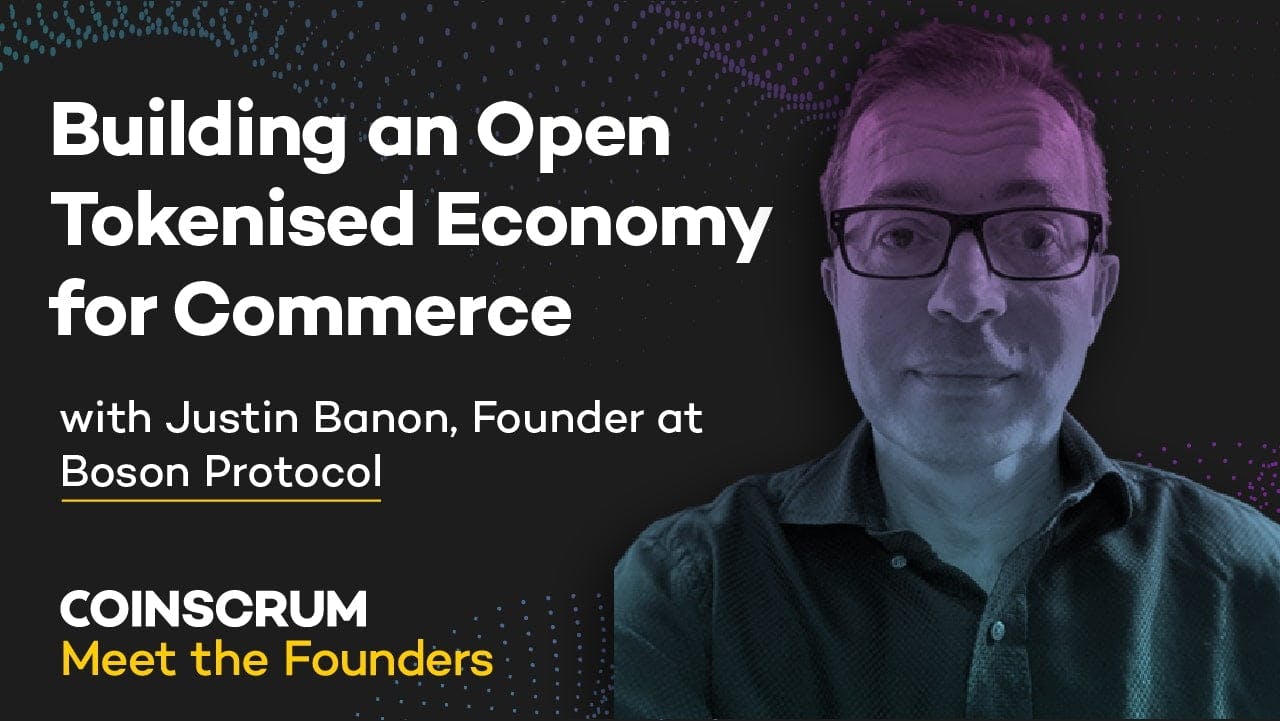Building an Open Tokenised Economy for Commerce
Bitcoin’s original mission was to deliver a decentralised digital cash system and DeFi has since emerged to enable decentralised capital markets. As these systems evolve and mature, the next natural evolutionary step is to enable decentralised commerce. The Boson Protocol has been designed specifically to…
You may also like
Cybersecurity in crypto: Attack on DeFi Exchanges
What exactly happened in the biggest hack in DeFi? Can it happen again? As the ecosystem grows, its market has also experienced a huge pump with a current market capitalization of over $121 billion. However, this growth has also shined a light on cybersecurity issues….
Decentralisation – coming to a screen near you
You should never laugh at people from the past, unless you’re comfortable with future generations mocking you. But it’s still funny to think that in the early days of radio, families used to gather in front of their giant, sideboard-sized sets and stare at them…
Crypto-backed property purchases are on the rise among first-time buyers
Traditional businesses are partnering with blockchain intelligence firms to facilitate house purchases for a new generation of young crypto entrepreneurs. In December 2017 two properties were purchased in the UK with Bitcoin. The purchases sparked excitement that Bitcoin-backed property transactions would become commonplace, reflecting the…
Recommended
Subscribe to us
Understanding your dog for dummies cheatsheet
Recommended
Subscribe to us
Understanding your dog for dummies cheatsheet
